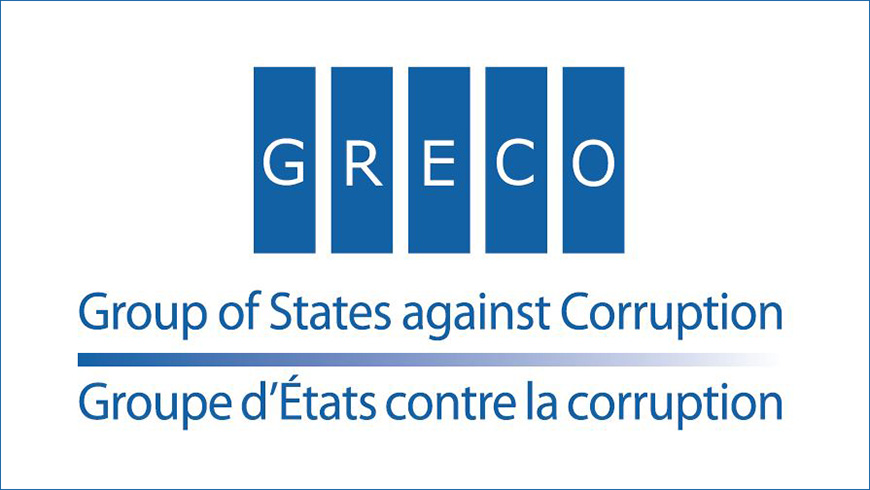The Council of Europe’s Group of States against Corruption (GRECO) today published a report that takes aim at the persisting revolving door problem in the U.S. Congress.
At a time when polls indicate all-time lows in government trust, the report stresses the need for passage of congressional rules to better manage “revolving doors”: when members of Congress enter employment negotiations to become lobbyists after their time in office and “quarantine periods” applying to former Congress members to carry out lobbying activities with other representatives.
At the same time, GRECO, of which the U.S. has been a member since 2000, welcomes efforts to increase transparency of the legislative process in Congress. For example, the Congress has updated guidance to implement its Codes of Ethics for the Senate and the House, and it is promoting disclosure of conflict of interest among its members. Multiple legislative initiatives, including for example the Anti-Corruption and Public Integrity Act from last year, are praised, even if they have not yet been adopted.
This year’s GRECO “compliance report” measures compliance with recommendations to prevent corruption in Congress and the judiciary, and it determines that the U.S. has “implemented satisfactorily” half of 12 recommendations GRECO issued in 2016.



